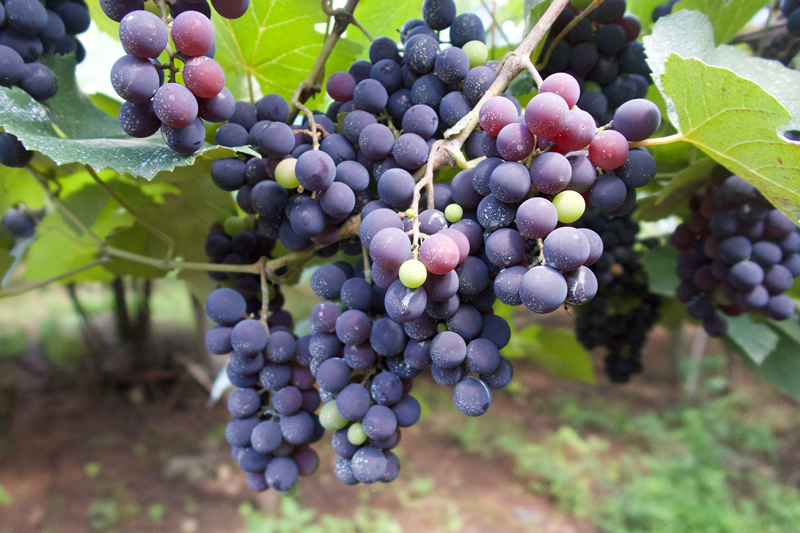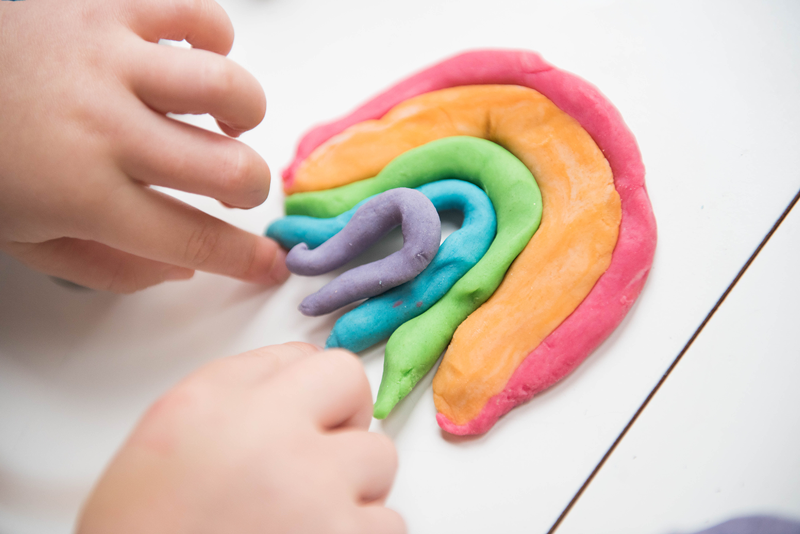Mystery Solved: Why Grapes are Toxic to Dogs

3 Veterinarians Discover that Tartaric Acid is the Culprit
ASPCA Poison Control Center (APCC) veterinarians solved the 20-year mystery of why grapes, raisins and sultanas are poisonous to dogs. It turns out that the tartaric acid in grapes causes these symptoms:
- Vomiting
- Diarrhea
- Excessive thirst
- Kidney damage or failure
Grape toxicity has previously been difficult to assess. After ingesting grapes, some dogs suffered mildly, while others had acute renal failure. Knowing that tartaric acid is the culprit explains much. Grapes, raisins and sultanas contain different levels of tartaric acid based on the type of grape, where it was grown and ripeness.

How Playdough Helped Crack the Case
AAHA’s NEWstat interviewed Colette Wegenast, DVM, senior consulting veterinarian in clinical toxicology at the APCC to learn how this breakthrough discovery was made.
While investigating a case of homemade playdough toxicity in a dog, Dr. Wegenast realized the symptoms didn’t match the typical case. She describes:
“Most homemade playdough contains enough salt that dogs will develop severe signs secondary to hypernatremia (a high level of sodium in the blood) if there is significant ingestion, and aggressive fluid therapy is needed. In this case, the playdough contained a smaller amount of salt, so hypernatremia didn’t develop. The dog did develop severe azotemia (high levels of nitrogen in the blood) that was preceded by significant vomiting.”
She requested the playdough recipe and found it to be different from most. It contained cream of tartar, which also contains tartaric acid. This led Dr. Wegenast and two colleagues to investigate:
“The lightbulb moment came with the realization that tartaric acid and potassium bitartrate are uniquely present in high concentrations in grapes, and that dogs are [members of] a species that has been shown to be sensitive to tartaric acid—with acute renal failure reported in the older studies. Upon further investigation [ . . . ] tartaric acid and potassium bitartrate kept checking off the boxes in support of the theory that they’re the toxic principles in grapes and raisins.”
Hopefully, this new discovery will lead to a better understanding of grape and raisin poisoning, along with improved testing, treatment and prevention. And, now you know why never to feed your dog grapes, raisins or sultanas.

